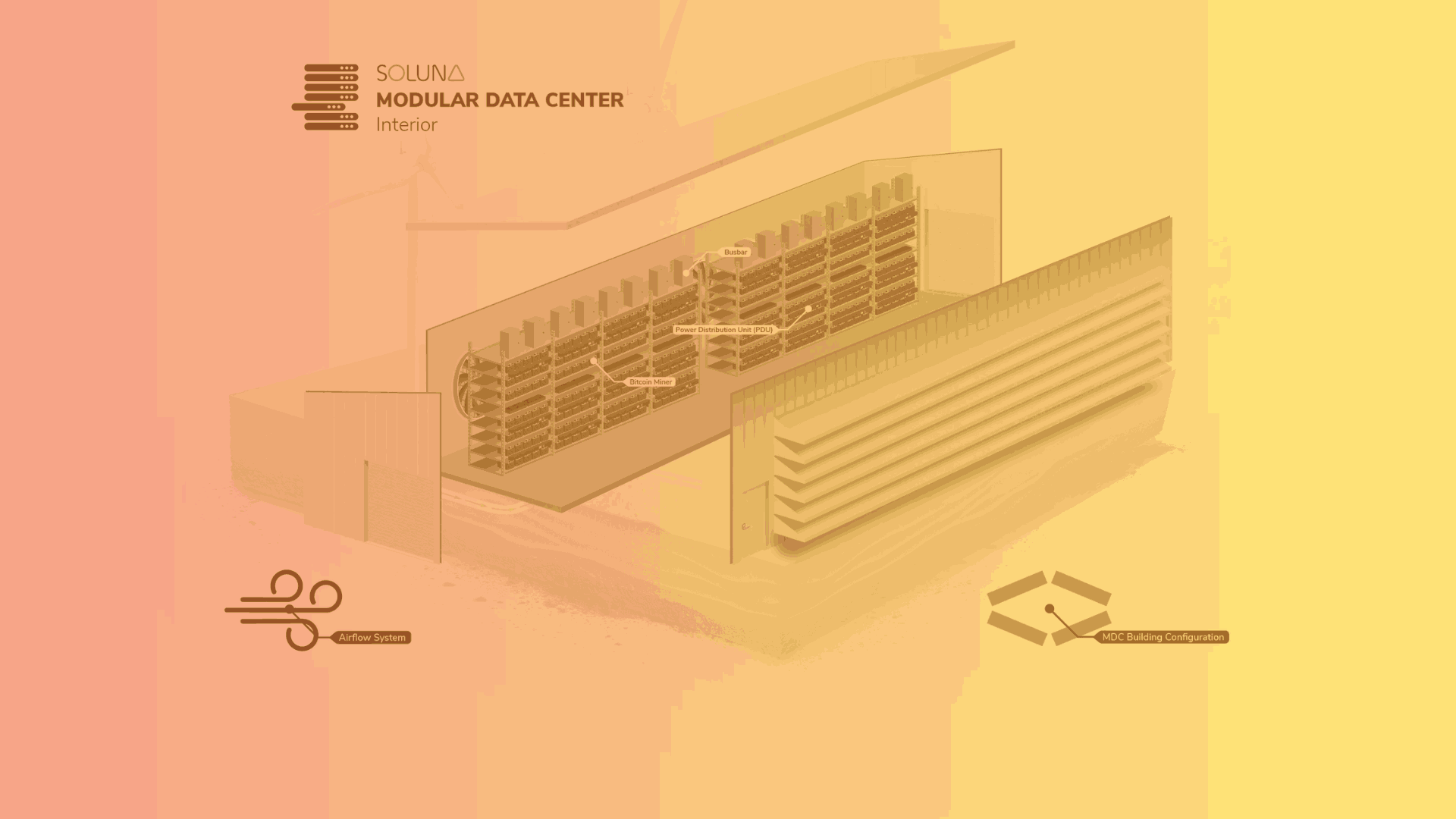From Energy Storage to EV Charging: Vic Shao’s Journey in Clean Tech Innovation
In a two-part interview on The Big Strategy podcast, host Jeff Eyet sits down with Vic Shao, a serial clean tech entrepreneur who offers valuable lessons for aspiring entrepreneurs and provides insights into the evolving cleantech sector.
The Birth of Green Charge Networks
Shao’s entrepreneurial journey began with Green Charge Networks, a company born from a Department of Energy grant, and a subsequent project with Con Edison. The goal was to develop distributed energy storage systems to improve grid efficiency.
However, changing the status quo, especially coordinating with a partner with an established business model, slowed the rollout of the technology and threatened the program.
“Over time, I built out a high tolerance for pain,” Shao reflects. “And that’s the phrasing that I use whenever I talk to other entrepreneurs, is pain threshold. And you have to do something that a normal human being wouldn’t even consider doing. And that’s how you succeed, is by doing things that others won’t.”
Navigating Challenges and Finding Product-Market Fit
Vic’s story highlights the importance of resilience in entrepreneurship. He faced obstacles, including difficulty securing venture capital funding, technical challenges in deploying energy storage systems, and regulatory hurdles with upgrades and interconnections.
Despite these setbacks, Shao identified a critical customer pain point: demand charges. By focusing on this issue, Green Charge Networks found its product-market fit.
The Power of Persistence
The experience at Green Charge Networks, which Engie acquired, taught him valuable lessons about integrating a startup into a large corporation, including the challenges of cultural differences and risk aversion. Simply negotiating capital expenditures with an overseas headquarters that did not operate in English created unnecessary friction in the growth curve.
The Journey Continues: Amply Power and BP
During sales calls at Green Charge Networks, Shao uncovered a nascent market need: controlling demand charges among communities adopting electric buses. Thus, he founded AMPLY Power, focusing on a fleet charging software platform. This venture was later acquired by BP, allowing Shao to influence Big Oil’s direction toward cleaner technologies.
“We get to steer the cruise ship, if you will, that is an oil giant, and setting them on the right course, in our view, the right course, clean, renewable, recharging for businesses and in a segment that they have been operating for years and for decades,” Shao explains.
The Birth of DC Grid: Revolutionizing EV Charging Infrastructure
Shao’s latest venture, DC Grid, aims to address a critical bottleneck in EV adoption: the slow pace of charging infrastructure deployment. Traditional utility companies often take months or even years to upgrade service for high-powered EV charging stations. Shao saw an opportunity to disrupt this model.
DC Grid’s approach combines off-grid solar energy, energy storage systems, and renewable natural gas-paired generators to deliver rapid charging solutions. This innovative model allows for much faster deployment than traditional grid-tied charging stations.
The company offers various configurations to meet diverse needs:
- Mobile solutions: Truck-mounted generators with DC charging outlets for immediate deployment
- Semi-permanent setups: Containerized generators and chargers for medium-term solutions
- Portable solar systems: Rapidly deployable solar and battery systems for roadside charging
- Permanent installations: Direct DC power lines from solar or wind farms to highway-adjacent charging stations
Core Principles of DC Grid
Shao emphasizes three fundamental beliefs behind DC Grid:
- 100% renewable generation
- Cleaner, cheaper, and faster performance than the traditional AC grid
- Advanced technology integration, including bi-directional power flow and demand response capabilities
“The DC Grid offer to our customer set is as many megawatts of charging as you need anywhere in the country in under three months,” Shao states. This ambitious goal is achieved by bypassing the traditional AC grid entirely.
Challenging the Status Quo
Shao’s approach with DC Grid challenges the existing utility monopolies. He draws a parallel to the disruption of the telecom industry by fiber and wireless technologies, suggesting that the power sector may follow a similar path of innovation and competition.
“Monopolies will run out of time in the end,” Shao predicts. “The AC grid will continue to provide value, don’t get me wrong, but there will be alternatives. DC Grid hopes to become one of the main alternatives.”
The Future of EV Charging
DC Grid aims to accelerate EV adoption by offering rapid deployment of charging infrastructure. Shao believes that the widespread availability of charging stations is crucial for consumer confidence, much like the ubiquity of gas stations for traditional vehicles.
“When I do use a supercharging station, or any outside charging stations, I want it to work. I want it to be reliable, I want it to be fast when I’m on a road trip,” Shao explains, highlighting the importance of a robust charging network.
Lessons for Aspiring Entrepreneurs
Throughout his journey, Shao has learned valuable lessons that he shares with aspiring entrepreneurs:
- Look for problems that resonate with your personal experiences
- Focus on issues that genuinely annoy you and drive you to find better solutions
- Be prepared to work tirelessly on your passion
- Develop a high pain threshold for the challenges of entrepreneurship
“It’s got to be something that drives you, that motivates you, that you look at not only as a job, but it’s something that you’re gonna solve regardless of how much hard work and how much pain that you suffer through,” Shao advises.
Conclusion
Vic Shao’s journey from Green Charge Networks to DC Grid illustrates the power of persistence, innovation, and adaptability in the clean tech sector. His latest venture, DC Grid, has the potential to significantly accelerate EV adoption by addressing one of the most critical barriers: charging infrastructure deployment.
As the clean energy sector continues to evolve, entrepreneurs like Shao, who can navigate challenges, seize opportunities, and challenge the status quo, will be well-positioned to drive innovation and growth. The future of EV charging – and indeed, the broader energy landscape – may well be shaped by solutions that think outside the traditional grid.
Please sign up for our newsletter and podcast updates to catch every insightful strategy conversation in this series.



